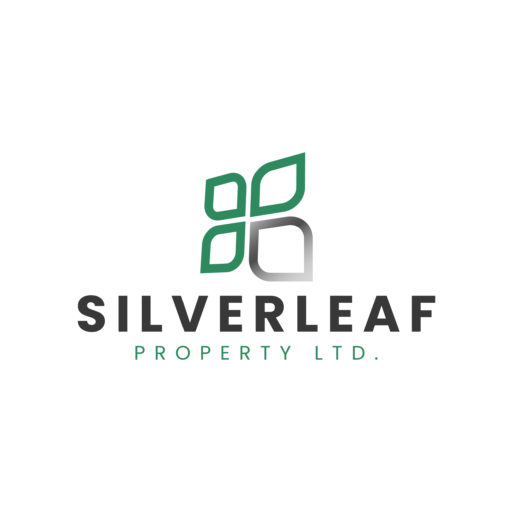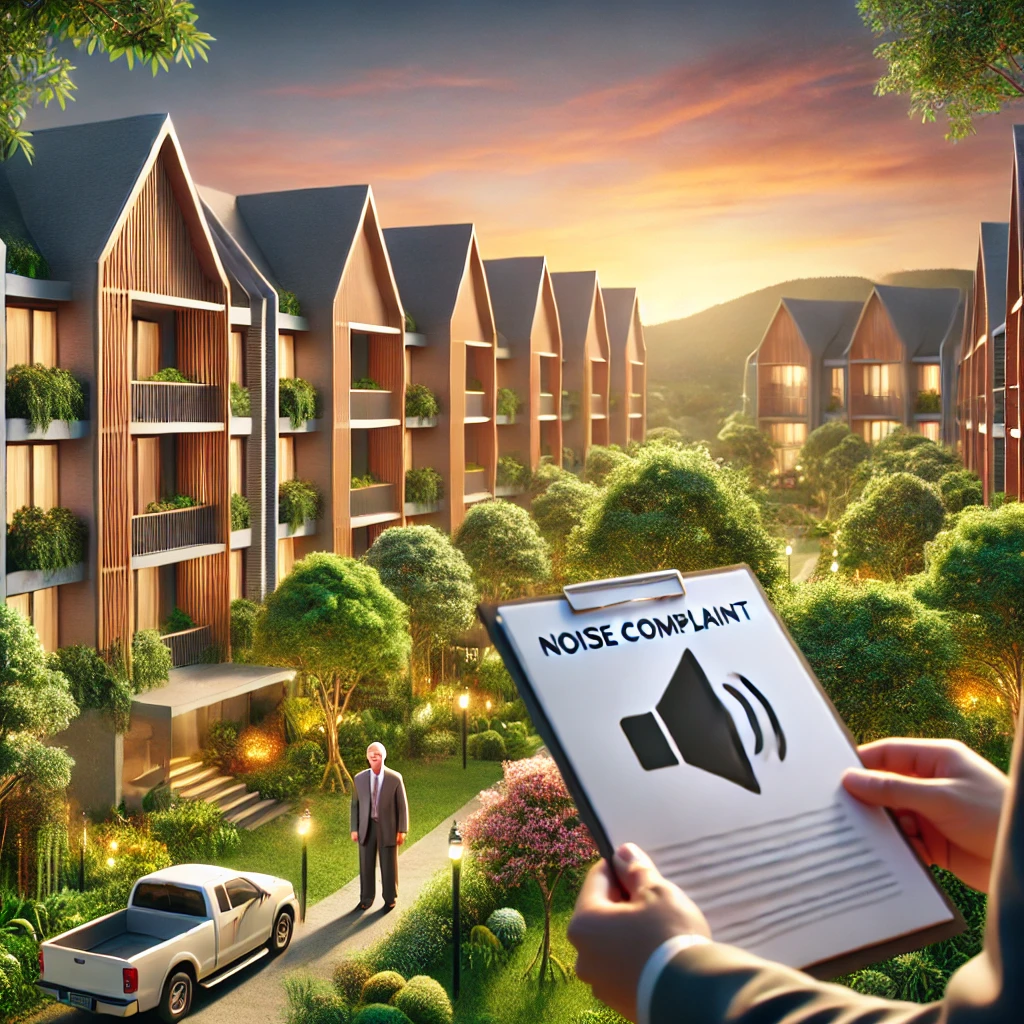Property management is a broad field, encompassing various types of properties with unique management needs. At the core, property management can be divided into two main categories: commercial and residential. While both share the common goal of managing properties efficiently, their day-to-day operations, tenant interactions, and management complexities differ significantly. Let’s explore these differences and understand why managing a commercial property is not the same as managing a residential one.
1. Tenant Relationships
Residential Property Management: In residential property management, the focus is on creating a comfortable living environment for tenants. Property managers work closely with tenants, addressing their needs and ensuring their satisfaction. The relationship is often more personal, as tenants may live in the property for several years. Communication is frequent, and issues such as maintenance requests, lease renewals, and tenant disputes require a sensitive, customer-oriented approach.
Commercial Property Management: Commercial property management, on the other hand, involves managing relationships with businesses rather than individuals. The tenant base can include retail stores, offices, warehouses, and industrial units. Here, the focus is more on the financial performance of the property and meeting the specific operational needs of businesses. Communication tends to be more formal, and the property manager’s role includes negotiating lease terms that align with the business goals of both the property owner and the tenant.
2. Lease Agreements
Residential Property Management: Residential leases are generally straightforward and standardized, with terms lasting one to two years. They cover essential aspects such as rent, security deposits, maintenance responsibilities, and rules for tenancy. Residential leases are governed by strict landlord-tenant laws, offering robust protections for tenants.
Commercial Property Management: Commercial leases are much more complex and customizable. Lease terms can range from three to ten years or more, with options for renewal and expansion. They often include clauses for rent escalation, common area maintenance (CAM) fees, and tenant improvement allowances. Unlike residential leases, commercial leases are largely negotiable, allowing landlords and tenants to craft agreements that suit their specific business needs.
3. Maintenance and Repairs
Residential Property Management: Maintenance in residential properties often revolves around everyday issues like plumbing, heating, electrical, and general wear and tear. Property managers or landlords are responsible for addressing these concerns promptly to ensure tenant comfort and safety. Emergency maintenance, like a broken heater in winter, demands immediate attention.
Commercial Property Management: Commercial properties have more complex maintenance needs. Depending on the type of business, maintenance may involve ensuring the integrity of industrial equipment, managing HVAC systems for large office buildings, or maintaining the façade and signage of retail spaces. Commercial tenants may also have specific requirements for their leased space, such as modifications for specialized equipment, which can complicate the management process.
4. Regulatory Compliance
Residential Property Management: Residential property managers must adhere to stringent regulations designed to protect tenants, covering aspects like security deposits, rent control, habitability standards, and eviction processes. These regulations are typically more uniform and provide substantial tenant protections.
Commercial Property Management: Commercial properties are subject to different regulations, often varying significantly depending on the type of business and location. Property managers must ensure compliance with zoning laws, health and safety codes, environmental regulations, and accessibility requirements. They may also need to coordinate with various agencies to meet industry-specific standards.
5. Financial Management
Residential Property Management: Financial management in residential properties primarily involves collecting rent, handling security deposits, budgeting for repairs, and maintaining profitability. Rent is usually a fixed amount, with increases based on lease renewals or market conditions.
Commercial Property Management: The financial management of commercial properties is more intricate. It involves not only rent collection but also managing CAM fees, property taxes, insurance, and potentially multiple streams of income from different tenants. Rent is often calculated per square foot, and lease terms can include percentage rent (a portion of the tenant’s sales), which adds a layer of complexity to financial planning.
6. Marketing and Leasing
Residential Property Management: Marketing residential properties involves showcasing the property’s amenities, location, and suitability for comfortable living. Managers use photos, virtual tours, and community engagement to attract prospective tenants. The goal is to appeal to individuals or families looking for a home.
Commercial Property Management: Marketing commercial properties requires a different approach. Managers need to highlight aspects such as location for foot traffic, accessibility, and suitability for specific business types. The target audience is businesses looking for a space that supports their operations and growth. The leasing process is often more prolonged and involves detailed negotiations to meet the unique needs of business tenants.
Conclusion
While both commercial and residential property management share the fundamental goal of maintaining properties and ensuring tenant satisfaction, they operate in vastly different environments with distinct challenges. Understanding these differences is crucial for property managers, investors, and owners alike. Whether dealing with a bustling commercial plaza or a peaceful residential complex, effective management requires a tailored approach that recognizes the unique needs and goals of each type of property.
At SilverLeaf Property, we specialize in both commercial and residential property management throughout Saskatchewan, bringing tailored solutions to meet the diverse needs of our clients. Whether you’re a business owner seeking a reliable space for your operations or a homeowner looking for a trusted partner to manage your rental property, we’re here to help you navigate the complexities and maximize the value of your investment.
Feel free to reach out to us for more information on how we can assist you with your property management needs!








